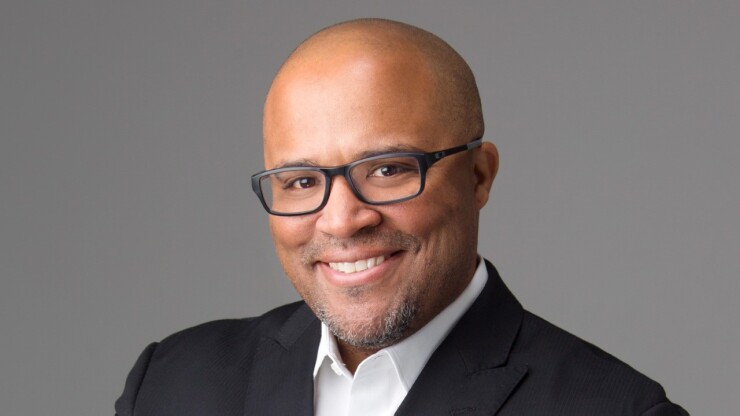New Mexico is about to get a lender focused on borrowers who have been historically overlooked by traditional lending and banking services.
Albuquerque-based One Hope Financial Institution, or OHFI, will serve underrepresented entrepreneurs in the city and New Mexico broadly, with a focus on character-based lending, a model that considers applicants' character as opposed to only their financial conditions. The company will also provide technical assistance — guidance with business plans, for example — and networking opportunities.
"The fact is, people of color have traditionally had a more difficult time accessing capital," CEO Chad Cooper said in an interview. "That's why the need exists and why we are doing this."

OHFI is a community loan fund that plans to seek
The program invests federal resources — matched with private funding — in CDFIs working to serve low-income and underserved people and communities.
Cooper, who has been a financial advisor in Albuquerque for 20 years, will oversee the daily operations of OHFI's business-support programs and loan fund. He said OHFI is currently hiring and expects to begin lending to small businesses in the second quarter of this year.
OHFI was founded by Charles Ashley III, Ken Carson, Everette Hill and Alex Horton, all of whom are Black business owners in Albuquerque.
"Our goal is to build the infrastructure to counter disinvestment in the BIPOC — Black, Indigenous and People of Color — community here in New Mexico," Carson, who is also OHFI board chair, said in a statement provided to American Banker.
"A history of lack of access to capital, systemic racism and other challenges have left these businesses underfunded," Carson said. "This kind of support can help these businesses flourish, help improve the financial condition of New Mexico families and significantly contribute to the health of our state's economy."
A $1.5 million grant from the W.K. Kellogg Foundation will support the new organization's operations. OHFI also received a grant from the city of Albuquerque, and plans to open its first office next month in the market's downtown.
Albuquerque's population approached 600,000 in 2021, according to the U.S. Census Bureau, and racial minorities collectively made up more than half of the city's residents.
Cooper said many minority entrepreneurs have sound financial practices woven into their histories and business plans. However, because of relatively limited access to credit, it is often difficult for them to demonstrate this and, by extension, obtain business start-up loans, he said.
The goal is to help these business owners launch their companies and expand them, Cooper said. Along the way, the expectation is these clients will formally establish strong credit histories that will, in time, enable them to receive larger lines of credit from traditional banks.
OHFI plans to make loans of up to about $25,000, and it is open to the possibility of expanding into other areas of lending, such as residential real estate. Eventually, Cooper said, the organization could evolve into a bank.
There is significant pent-up loan demand among minority business owners and entrepreneurs, according to Cooper. "Something like this doesn't just happen," he said. "There's definitely a lot of excitement around what we're doing."
Separately, Adelphi Bank, a Black-owned de novo in Ohio, recently earned regulatory approval to become the first new U.S. bank of the year.
Adelphi, a minority depository institution, was
Banks that receive the minority depository institution designation, or MDI, are eligible for support from government and private-sector backers. To achieve MDI designation, a bank must have 51% minority ownership and board membership.
Adelphi filed an application with the FDIC in the fall of 2021 and has since worked to raise about $20 million.





